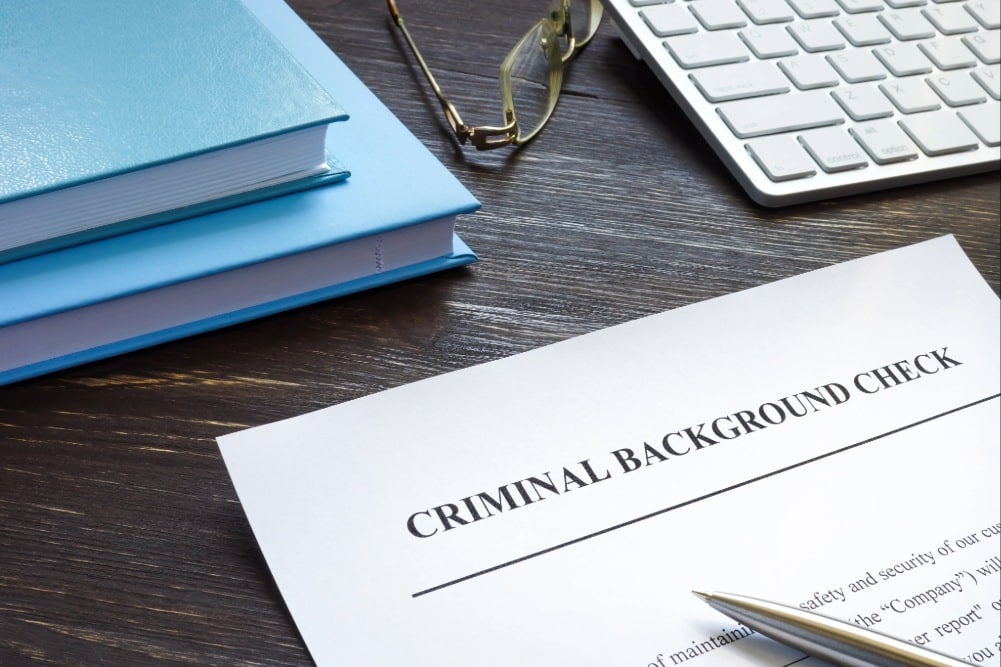In-Home Supportive Services (IHSS) applicants and caregivers in California are required to undergo a detailed background check before they can begin work. The process examines criminal history, child abuse records, and eligibility for exemptions.
Understanding the steps of an IHSS background check helps applicants prepare the necessary documents and adhere to the required timelines. It also clarifies how the California Department of Social Services (CDSS) evaluates risk and compliance.
Families and caregivers can use this information to avoid delays and maintain eligibility for employment or volunteering within IHSS programs.
Criminal History Review
All individuals seeking to work, volunteer, or reside in a facility that serves clients must submit fingerprints. The California Department of Justice (DOJ) conducts a full criminal history check.
If no record exists, the DOJ issues a clearance notice to the applicant and the Care Provider Management Branch (CPMB).
If a criminal history is found, the DOJ sends a detailed transcript to CPMB for review. Only after review will CPMB determine if the individual may request a criminal record exemption to work or volunteer.
Criminal Record Exemptions
Applicants with convictions beyond minor traffic violations may apply for a criminal record exemption through CPMB. The exemption process requires submission of detailed paperwork within 45 days of receiving a notification letter.
Exemptions are not granted for serious crimes such as robbery, sexual battery, child abuse, elder abuse, arson, or kidnapping.
Applicants will be notified in writing once CPMB completes the review. If an exemption is denied, the applicant may appeal in writing within 15 days from the date of the denial notice.
Child Abuse Central Index (CACI) Check
Individuals working with children must complete a Child Abuse Central Index check. Applicants are not allowed to provide care or be associated with children until clearance is received.
The DOJ will report any subsequent child abuse allegations to CPMB, which investigates reports to protect children in care. This check safeguards clients and maintains compliance with state and federal regulations.
Out-of-State Child Abuse Check (OSCA)
Applicants who have lived out of state in the last five years must complete an Out-of-State Child Abuse check. This includes resource parents and employees of children’s agencies. The applicant must submit state-specific forms, including LIC 508D or 508 OOS and LIC 198B.
The OSCA check is completed once and does not provide automatic notifications if the applicant moves out of state again. Applicants must reside in California for CPMB to process the OSCA check.
Maintaining Criminal Record Clearance
A criminal record clearance allows an individual to work, reside, or volunteer in a licensed facility. Clearance remains active as long as the individual is associated with a facility. Disassociation for more than three years requires re-fingerprinting and a new clearance.
Applicants can verify clearances up to 30 days on the Background Check Search website or contact their local regional office for older verifications.
Role of Licensees in the Exemption Process
When an applicant receives a notification of exemption, the licensee must decide whether to support the exemption request. Licensees can assist by mailing the required documents to CPMB. If the licensee declines, the individual may pursue the exemption independently, but cannot be present in a facility until approved.
Here at Voyager Home Health Care, we guide caregivers and applicants through the IHSS background check process. Our team assists with paperwork, explains exemption requirements, and answers questions about child abuse checks.
Learn more about In-Home Support Services and explore Colorado’s Highest-Paying IHSS, CHCBS, and PCNA Providers to see how we support caregivers every step of the way.


